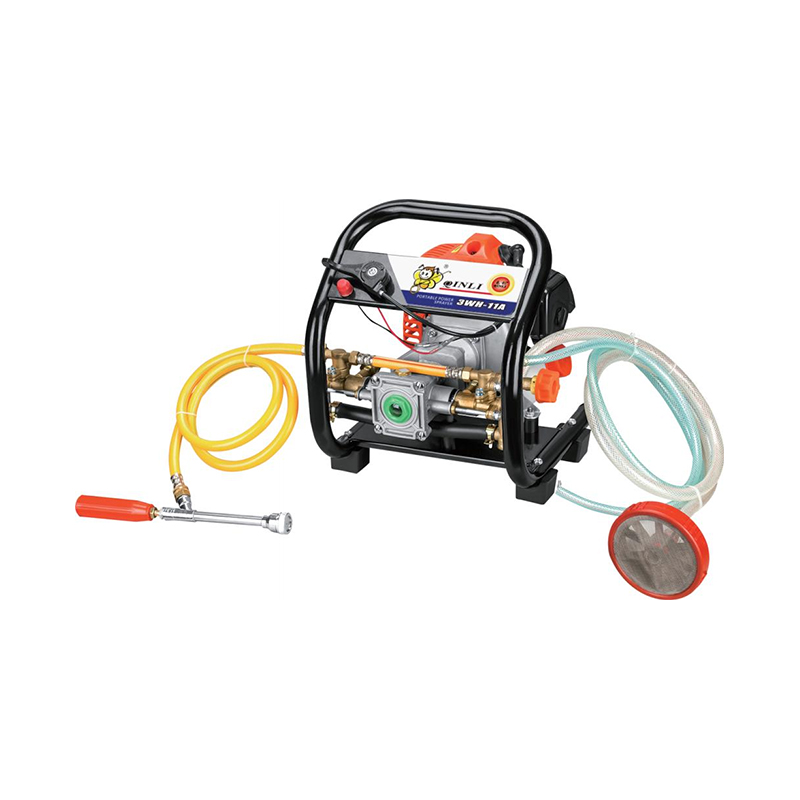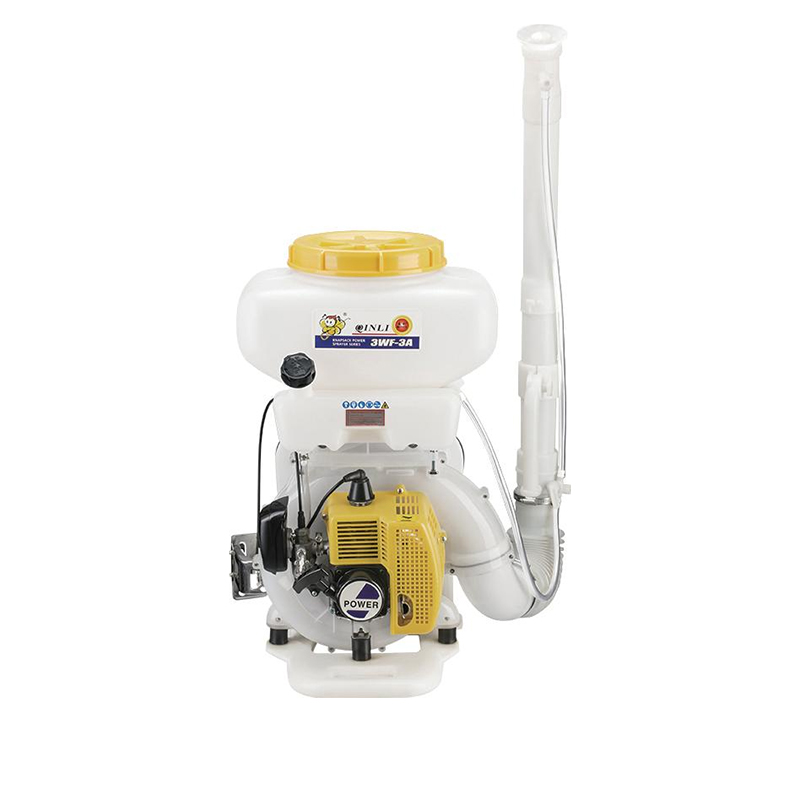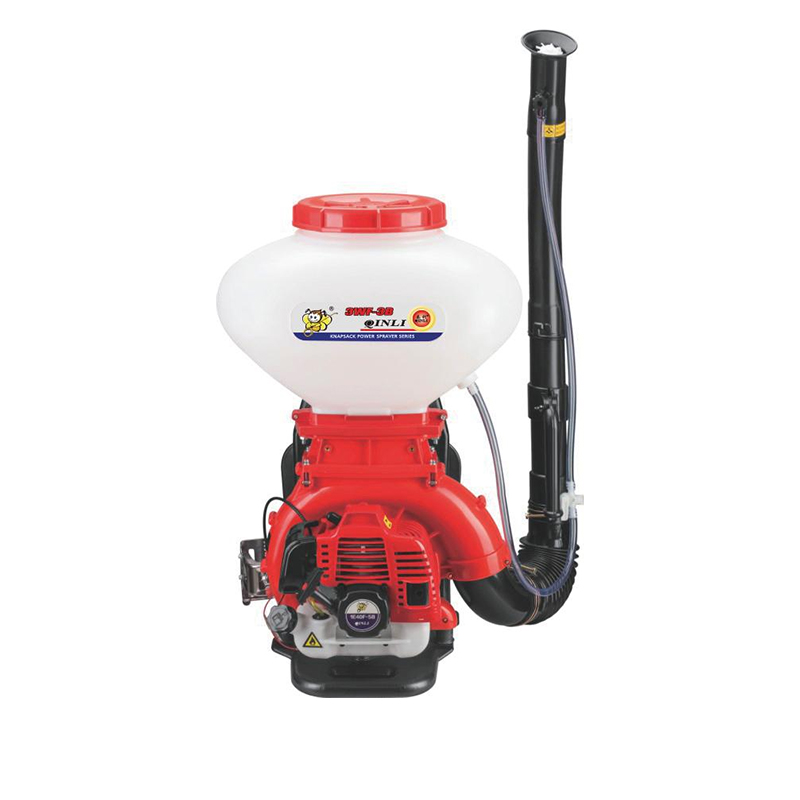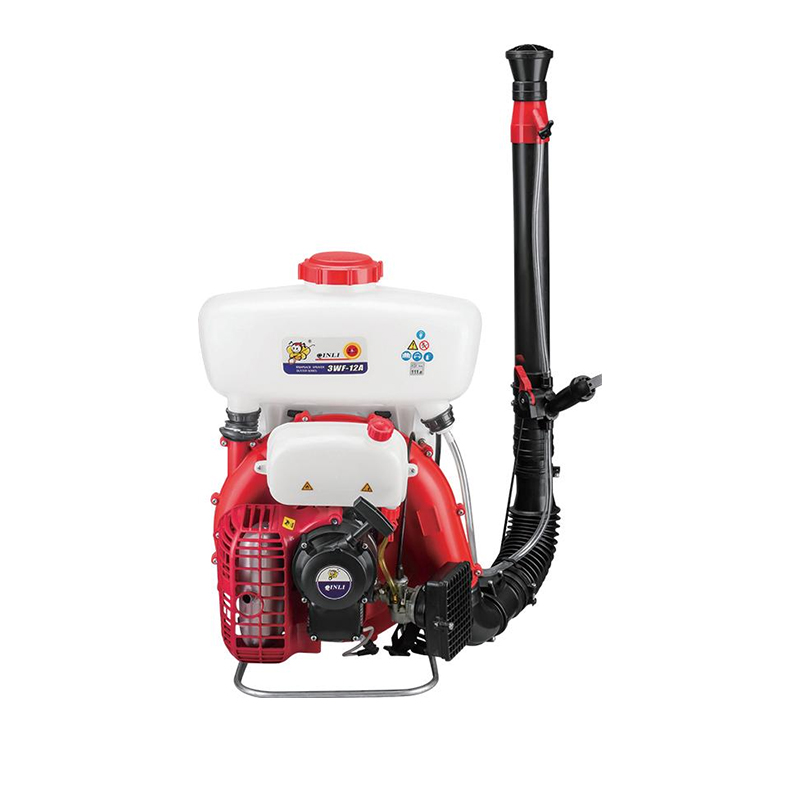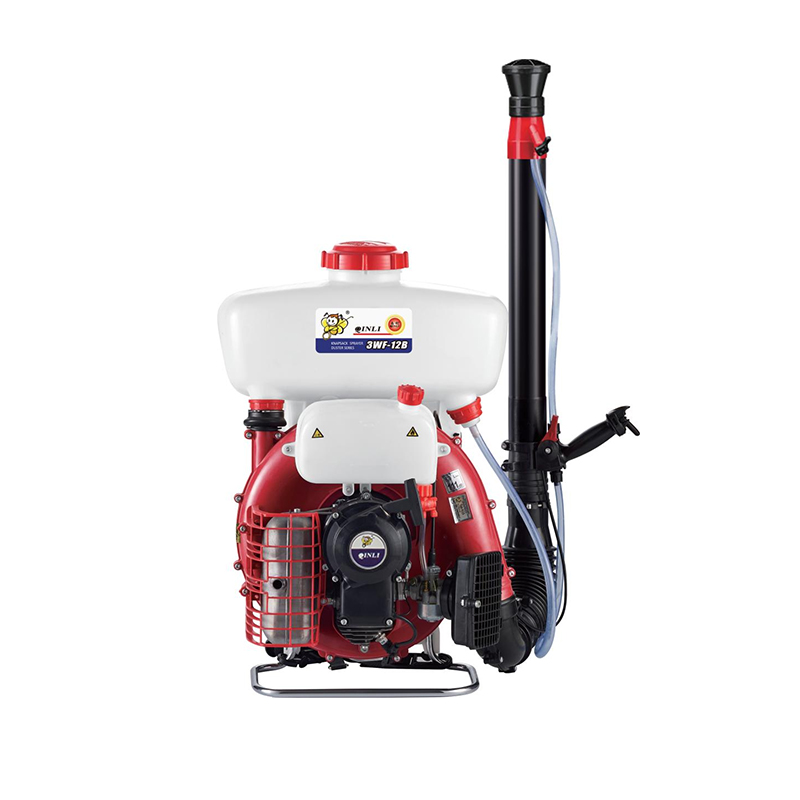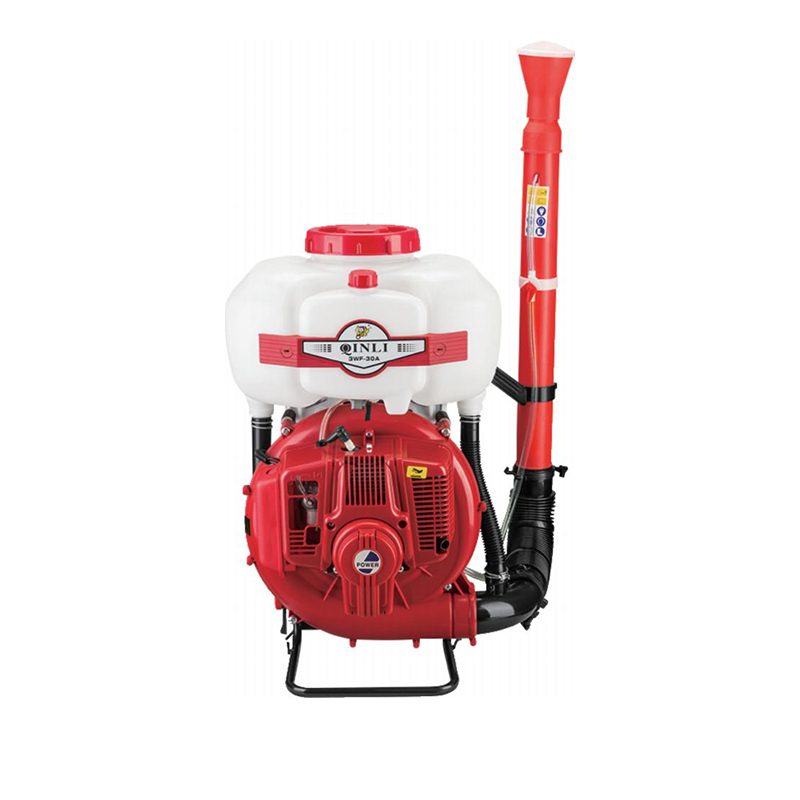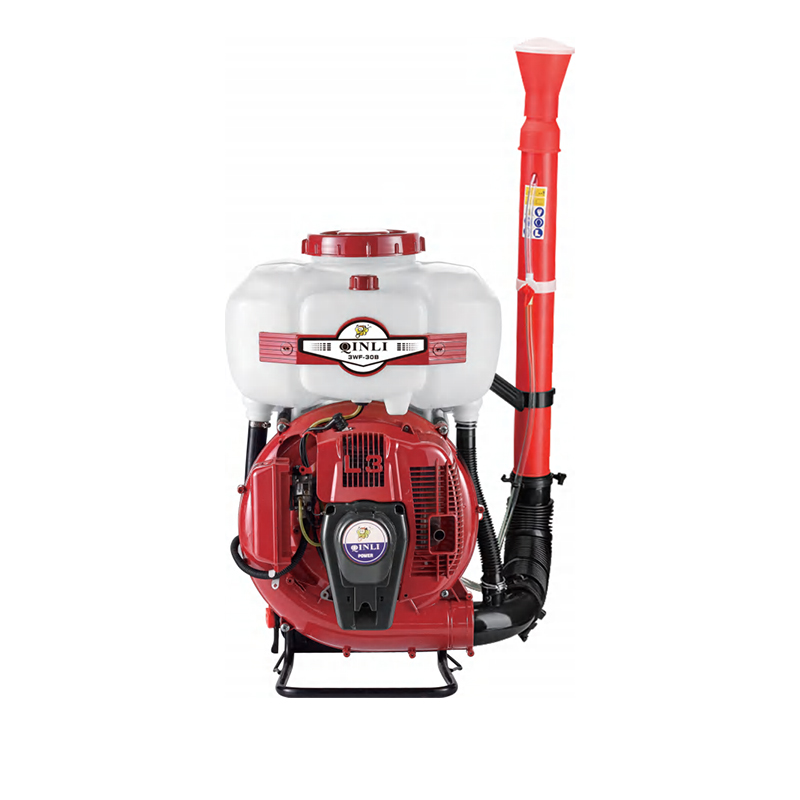Product Search
Gasoline Powered Pressure Water Pump for Effective Water Flow and Pressure Control
A durable gasoline powered pressure water pump is an essential tool for various applications, ranging from agricultural irrigation to construction site water management. These pumps are designed to provide a reliable and consistent water flow, making them suitable for situations where electricity is not readily available.
One of the primary advantages of a gasoline powered pressure water pump is its mobility. Unlike electric pumps, which require a power source, gasoline pumps can be operated in locations without electrical infrastructure. This feature is particularly useful for farmers who need to irrigate fields far from power lines or for construction workers managing water in areas without permanent facilities. Additionally, the compact design of these pumps allows for easy transportation and storage, which can be beneficial for users who need to move the equipment frequently.
The operation of a gasoline powered pressure water pump is relatively straightforward. The pump typically consists of an engine, a water inlet, and an outlet. The engine generates mechanical power, which drives the impeller inside the pump housing. This action creates pressure that moves water through the outlet at a controlled rate. more pumps are designed to handle different types of water sources, including clean water, river water, and even water with some sediment, although care should be taken to avoid damaging the internal components.
Durability is a key factor in the design of these pumps. Manufacturers often use materials such as aluminum, stainless steel, or high-quality plastics for critical parts. These materials help prevent corrosion, reduce wear, and extend the operational life of the pump. Regular maintenance, such as cleaning the inlet filter, checking fuel lines, and inspecting seals, can also contribute to the pump’s longevity. A well-maintained pump can operate efficiently for many years, providing consistent performance in demanding environments.
Fuel efficiency is another important consideration. Modern gasoline engines are designed to deliver adequate power while small fuel consumption. Users can adjust the throttle to match the pump’s output with the required water flow, which helps conserve fuel during extended operation. This efficiency reduces operational costs and limits the need for frequent refueling, making the pump more convenient for long-term projects.
Safety and ease of use are also important features of a durable gasoline powered pressure water pump. more models include safety mechanisms such as automatic shut-off systems, vibration-dampening mounts, and clear instructions for handling and operation. These features help reduce the risk of accidents and ensure that users can operate the pump without difficulty.
Applications for gasoline powered pressure water pumps are diverse. In agriculture, they can provide irrigation for crops, supply water to livestock, or assist in draining fields. In construction, these pumps can remove excess water from excavation sites, supply water for concrete mixing, or support dust control. They are also useful in emergency situations, such as pumping water during minor flooding or supplying water where other sources are unavailable.
In summary, a durable gasoline powered pressure water pump is a practical and versatile tool for managing water in a variety of settings. Its mobility, reliability, and ease of operation make it suitable for both professional and personal use. With proper care and maintenance, these pumps can offer consistent performance for years, making them a dependable solution for water transfer and pressure applications.
Recommended Products
- CONTACT DETAILS
-
- +86-13857697898
- +86-576-88121879
- export@qinlisprayer.com
- 18 Yanhai, sanjia Street, Jiao Jiang Dis, Taizhou city, Zhejiang, China
 Download Sample
Download Sample
- PRODUCT CENTER
- SEND A MESSAGE



 English
English  中文简体
中文简体  Español
Español  عربى
عربى 
